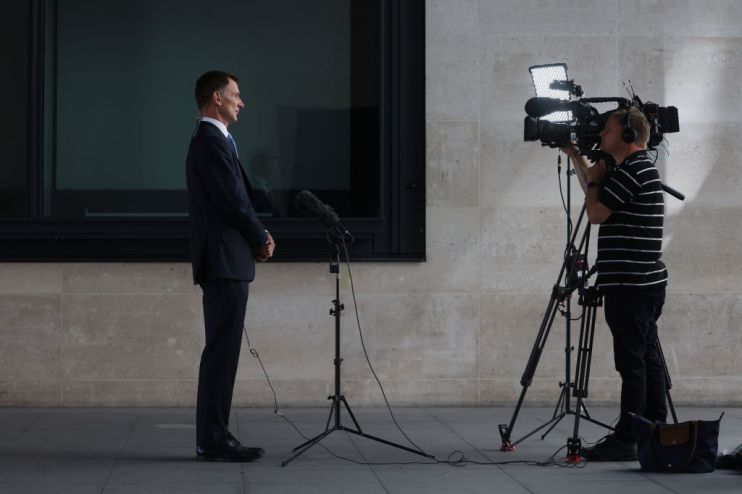BBC News launches digital revamp in bid to save licence fee-payer £500m

BBC News has announced sweeping measures in the hopes of kick-starting its digital journalism amid a decline in traditional television.
The state-owned broadcaster has laid out plans to save £500m, as it deals with a two year license-fee freeze and inflationary pressures.
It comes in response to an 11 per cent drop in traditional TV viewership over the last five years.
Chief executive of BBC news and current affairs, Deborah Turness, said today: “Like many businesses, we are in a tough financial climate and as our audiences shift rapidly from TV to online news consumption, we need to make choices about where we allocate our resources.
“While TV and radio remain crucial to BBC News, we must invest in our digital platforms to ensure they are also the home of our very best journalism, and today’s package of measures will accelerate this transformation.”
Under the rejig, the British broadcaster will create a new investigations unit and revamp its flagship programme Newsnight into a 30-minute interview, debate, and discussion show.
It will extend the BBC News at One to an hour, broadcasting from Salford – marking the first daily national news show broadcast from outside London. BBC Breakfast will be extended by an extra 15 minutes everyday.
The strategy involves a “restructure” of BBC News story teams, reducing television packaging and slashing 1,000 hours worth of content commissions.
BBC News also said it has reviewed its current affairs shows and “made the tough decision” to end the Our World programme and to cut nine hours of single documentaries per year for BBC Two.
According to recent Ofcom research, the percentage of viewers tuning in to traditional broadcasters on a weekly basis witnessed the steepest annual decline ever recorded, dropping from 83 percent in 2021 to 79 percent in 2022.